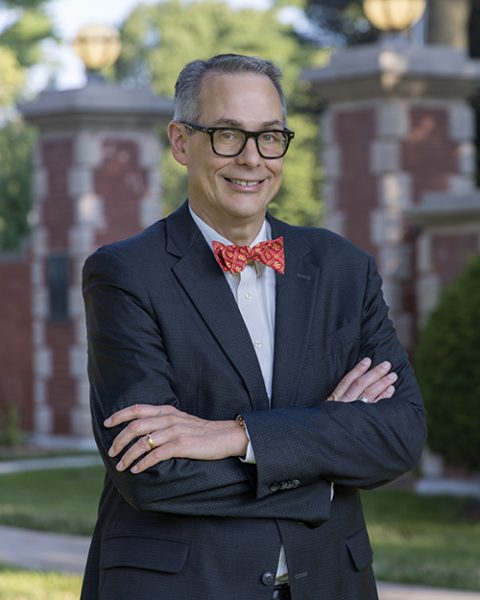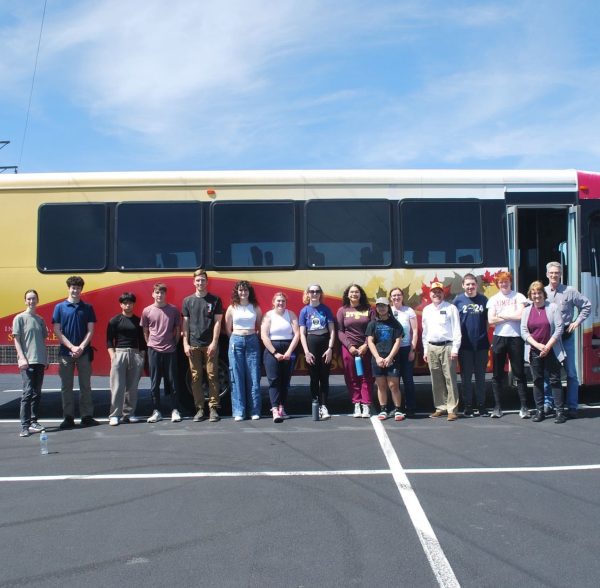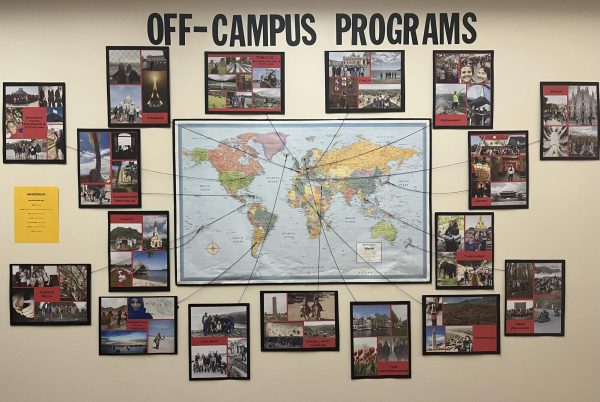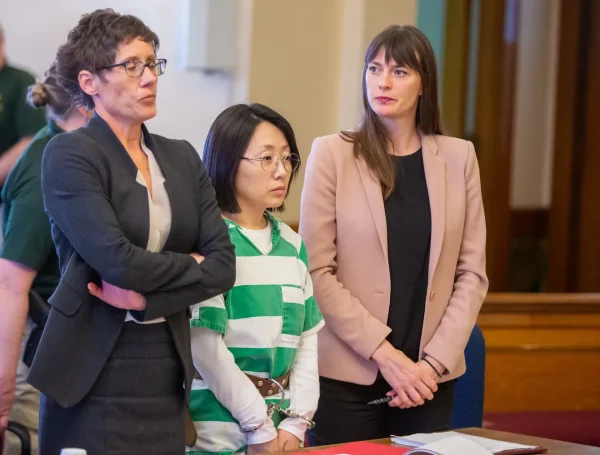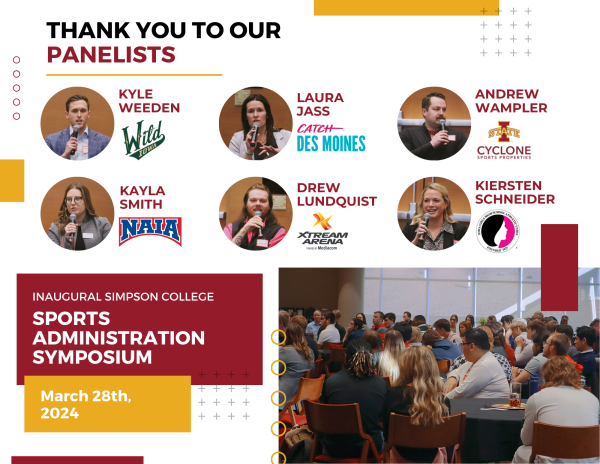Several curriculum changes go into effect next school year
April 21, 2010
There have been big plans this year to change the Simpson College curriculum from what we know as the Cornerstone curriculum to the Engaged Citizenship curriculum.
“Students will take fewer courses and they will go into more depth,” Steve Griffith, senior vice president and academic dean, said. The overall mission is “to help you become an engaged, satisfied, productive citizen,” Griffith said.
There are two big changes: there will be seven areas of engagement and seven embedded skills, which will be integrated into each of the seven areas of engagement.
The current cornerstone curriculum is designed to expose students to each area, but there is no connection between all of them. Griffith said the point of the new model is to make those areas more intentional and create an overarching idea of what a student needs to know in order to be a productive, engaged citizen.
The embedded skills are meant to expose a student to one of the seven skills through other classes as a way to practice them many times over the four years, as opposed to checking off one course and being finished.
“One of the things we’ve learned over time is if you’re really going to learn something, you need to practice it,” Griffith said. “You have to really do it over and over.”The staff working with the new curriculum anticipates few problems in the transition between curriculums. “If you have a major already and you came under a certain series of courses, then the department will have to offer those courses or figure out a way that you can be accommodated so that you can graduate and nobody will be set back,” Griffith said.
For freshmen who have come under the Cornerstone curriculum, there will be an option to move over to the new curriculum or stay with the Cornerstone.
“It’s got to phase in over time so some of the changes start next year,” Griffith said. According to Griffith, there won’t be many visible changes next year and Simpson “won’t be fully engaged in it until the following year.”One of the primary benefits is the increased amount of time students will have with professors outside of the classroom.
“What Simpson has always done a good job with is working individually with students and helping students become active learners,” Jennifer Nostrala, professor and head of the division of Visual and Performing Arts, said. This curriculum will, I think, just help us do an even better job with that.” “What we want to do is give you more time working with the faculty directly and to do that we’ll need to reduce the number of courses you’ll take,” Griffith said.
In preparation for the transition, the faculty is working on their lesson plans.
“Most faculty are already teaching things that the curriculum covers,” Nostrala said. We are just being asked to be even more intentional in our teaching of the material
. I do think that Simpson’s shift to the new curriculum will be a positive one.”





